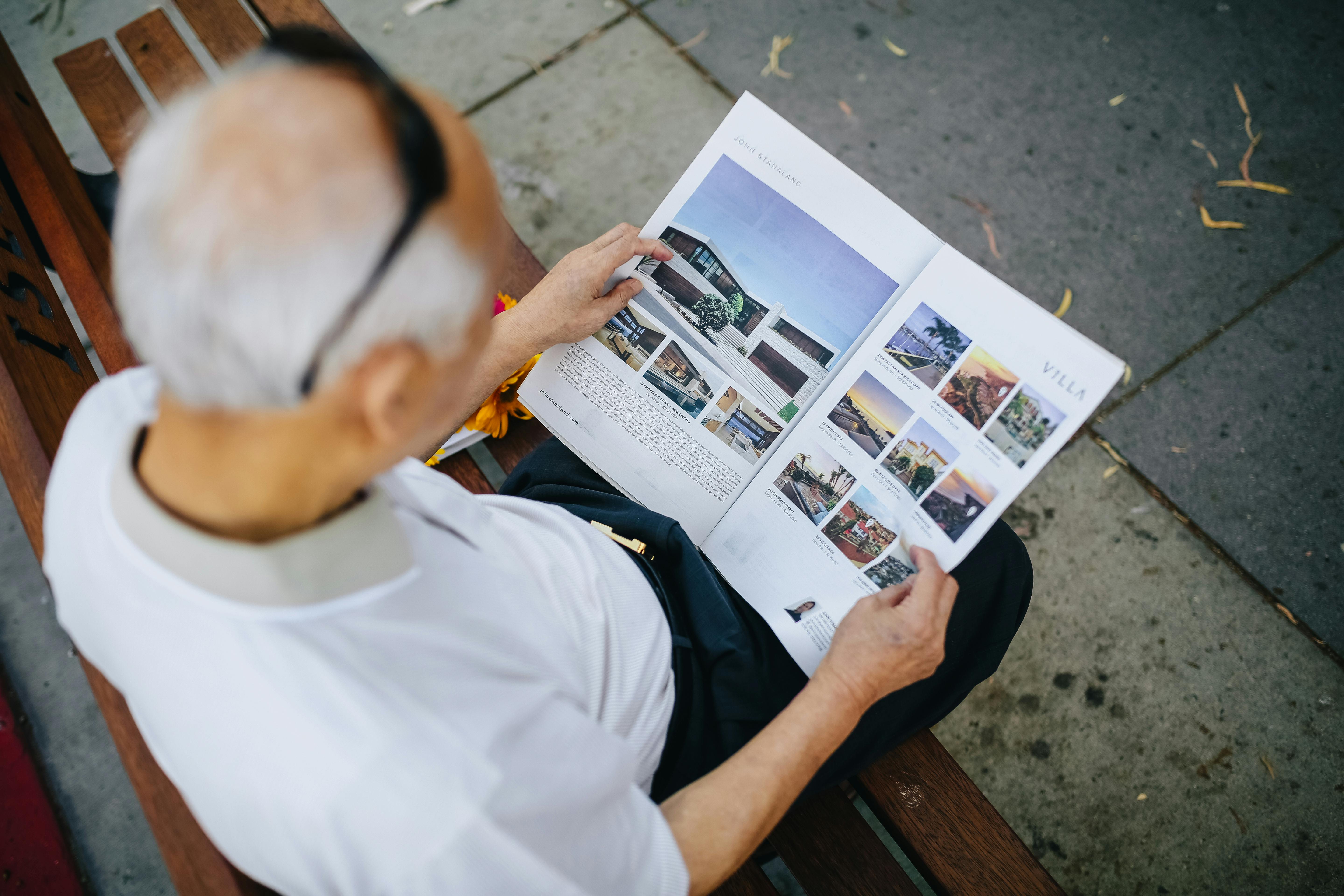Retirement opens a new chapter in life: more free time, new priorities, and often the need to rethink your housing. Many people over 65 decide to sell their home: some aim to reduce expenses, others to supplement their pension, or simply to move to a more accessible location or closer to family.
What many don’t realize is that this decision can bring significant tax and financial benefits, as long as it is well planned. In this article, we show you everything you should consider before selling, with examples, real strategies, and practical advice to help you make the best decision.

1. Exclusive Tax Benefits for Seniors Over 65
The full income tax (IRPF) exemption is the main advantage:
- If you sell your primary residence, you won’t pay taxes on the capital gain, regardless of how much its value has increased over the years.
- You don’t need to reinvest the money in another home: you can use the capital for travel, investments, healthcare, or improving your quality of life.
Real example:
A couple sells their apartment in Barcelona, purchased in the 1980s for €60,000. Today they sell it for €350,000. The gain is €290,000.
- If they were under 65, they would pay income tax on the capital gain according to the progressive scale (19%–28%), which in this example would be around €69,180.
- If they are over 65, the benefit is 100% exempt. All the money remains available.
Other key aspects:
- Naked ownership with lifetime usufruct: you can sell the house and continue living in it until your death, without paying income tax.
- Selling a second residence: if the proceeds are used to purchase a life annuity (up to €240,000), it is also exempt.
- Disability ≥ 33%: additional income tax exemptions exist, and in some municipalities, property value increases (plusvalía) may be reduced.
Note: Some details, such as local property tax (IBI) reductions, municipal capital gains, or exact life annuity limits, may vary depending on the municipality or personal circumstances. Consult a tax advisor before making decisions.
2. Taxes You Should Watch
Even if income tax is exempt, there are other taxes that impact the sale:
- Municipal capital gains (Plusvalía Municipal): usually applies, as it taxes the increase in land value.
- If you incur losses on the sale, you can request a refund.
- Each municipality sets the coefficient, which can vary locally.
- Property Tax (IBI): continues until the sale is finalized. Some municipalities offer discounts (large families, solar installation, public housing).
- Gifts and inheritance: if transferring property to children or grandchildren, you may apply reductions of up to 99% on family business transfers if requirements are met.
3. Real Options to Access Liquidity Without Leaving Your Home
Not all retirees want to move. That’s why there are alternatives to monetize your home without losing the right to live in it:
- Reverse mortgage
Receive a monthly payment or lump sum, using the home as collateral. You remain the owner with the right to use it until your death. Advantage: immediate liquidity without moving.
- Sale with lifetime lease
Sell your home and agree on a contract that allows you to live there for life, paying a symbolic or even zero rent depending on the agreement.
- Sale of naked ownership
Sell the property but retain lifetime usufruct. Obtain immediate liquidity without giving up your home. Increasingly used by retirees in large cities.
| Option |
Immediate liquidity |
Right to live in the home |
Inheritance to children |
Tax treatment |
| Direct sale |
Yes |
No |
No |
Income tax exempt |
| Reverse mortgage |
Partial/monthly |
Yes |
Yes (with debt) |
Income tax exempt |
| Naked ownership |
Yes |
Yes |
No |
Income tax exempt |
| Lifetime lease |
Yes |
Yes (with contract) |
Depends on contract |
Income tax exempt |
4. Common Mistakes Retirees Make When Selling
- Selling without professional appraisal: accepting a price below market value.
- Not planning local taxes: assuming nothing is owed for being over 65 and facing unexpected municipal taxes.
- Not preparing the home: small improvements in the bathroom or kitchen can increase the final price by up to 15%.
- Lack of legal advice: signing unclear contracts without professional support can create problems for heirs.
5. Impact on Inheritance
- If you sell after 65, your heirs receive the money without income tax burdens.
- If they inherit the home directly, they must pay municipal capital gains and, depending on the region and value, the Inheritance Tax.
Tip: a good strategy is to combine the sale with inheritance planning to reduce your children’s tax burden.
6. Strategies to Maximize Profitability
- Choose the best market timing: in large cities like Barcelona, demand often peaks in spring.
- Invest in home staging: presenting the home furnished and decorated can speed up the sale and raise the price by up to 20%.
- Negotiate with margin: set a slightly higher price than market value to allow negotiation without losing attractiveness.
- Diversify the capital obtained: allocate part to safe investments (guaranteed funds, fixed income) and part to liquidity for immediate expenses.
7. Current Senior Market Trends
- Move to smaller, central apartments for access to medical services and leisure.
- Opt for rural or coastal areas seeking tranquility and lower cost of living.
- Use the sale to fund private residences or senior communities adapted to their needs.
Conclusion
Selling a home after 65 is not just a real estate transaction: it’s a life and financial decision. With income tax exemptions, options like naked ownership or a reverse mortgage, and proper planning, you can turn your home into a resource that provides peace of mind, liquidity, and quality of life in retirement.